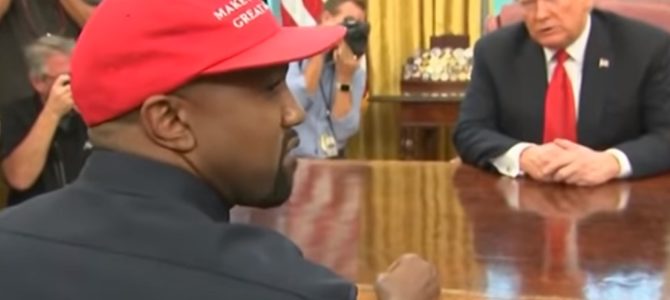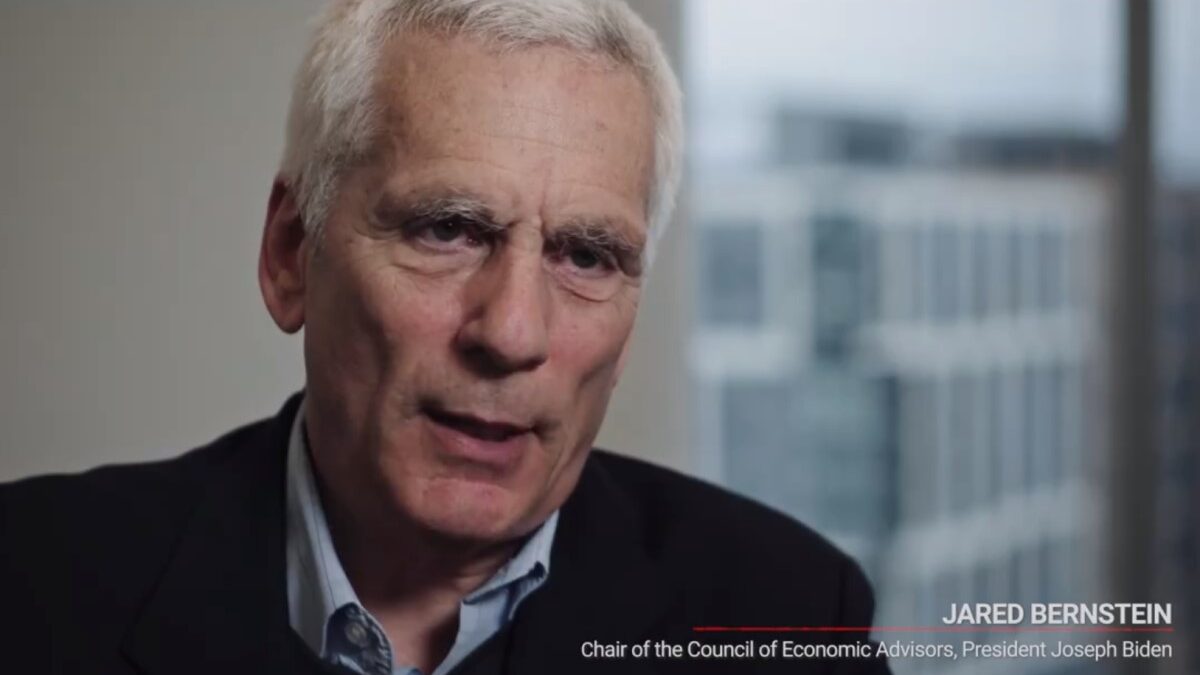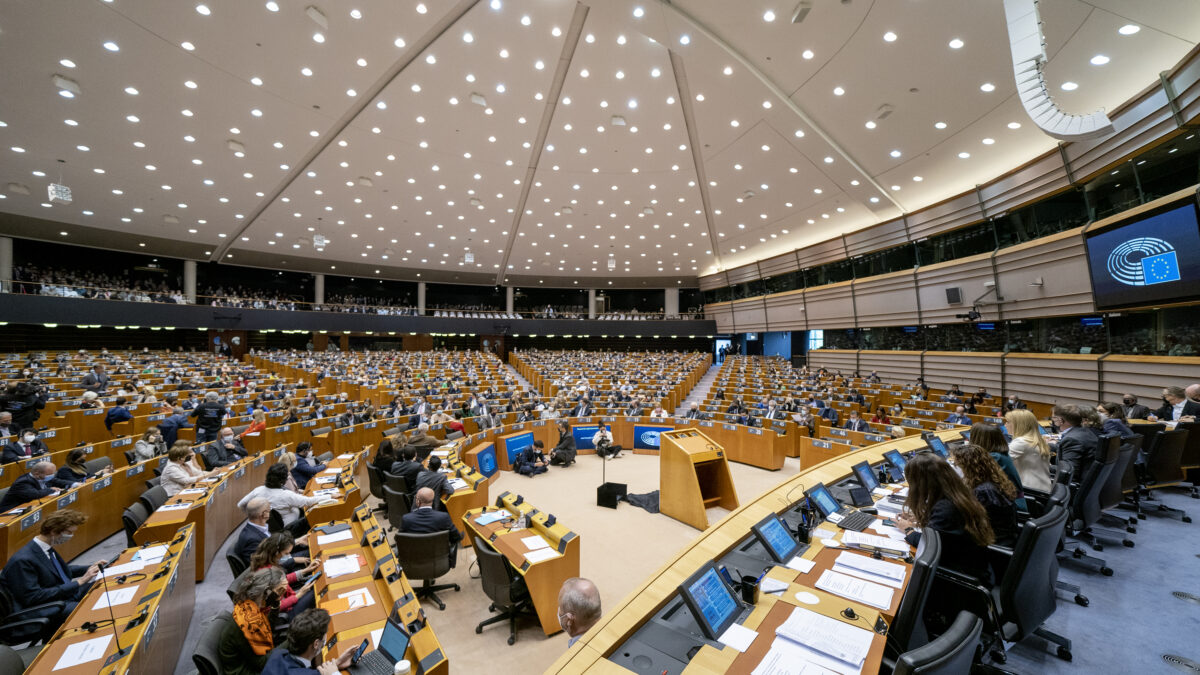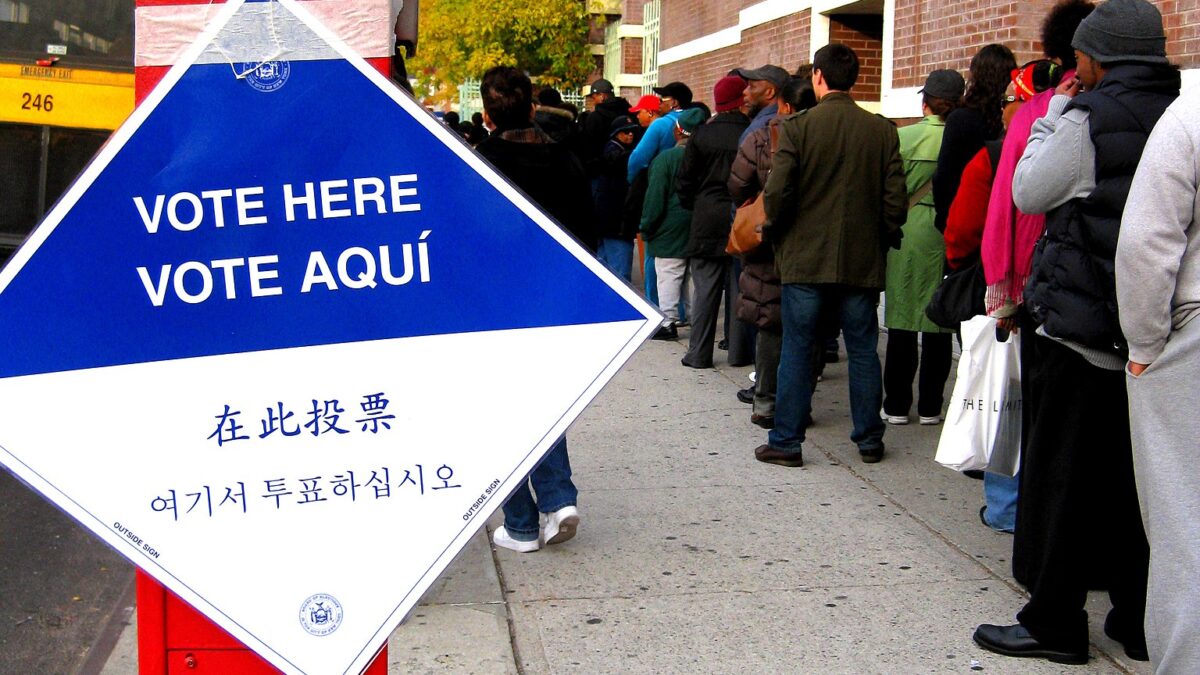
The celebrification of politics, especially in star-power endorsements, is certainly not worthy of front-page commentary anymore. Yet it seems that those on the right, led chiefly by the president, are restless in their growing celebration of newfound pro-Trump superstar Kanye West.
Following the footsteps of many ambitious entertainers before him, West has built a remarkable career thanks mostly to his outwardly radical and avant-garde charisma that protrudes from the established norms of mainstream artists. West exhibits the hallmarks of a true visionary: he’s innovative, scandalous, and often misunderstood. However, Kanye West is also a brilliant businessman.
There’s no such thing as bad publicity, and what better way to stand out from the herd of mindless, mainstream zombies than by becoming a messenger for Hollywood’s leading antagonist, Donald Trump. Conservatives are a noticeably untapped source of consumers, typically loathed by artists and elites, but nonetheless still craving cultural representation and acceptance. Having a brand name like Kanye lend his support to the president makes conservatives optimistic about what else might eventually come.
Still, most celebrities do not dare to steer away from the ingrained conviction that Democrats are forward-thinking and virtuous, while Republicans are backwards and dangerous. It’s customary that Democrat candidates, at nearly all levels of government, often lust after endorsements from public figures.
On one hand, in this ripe age of social media, celebrity backing can instantly boost much-needed exposure by raising awareness for a candidate. On the other, from a fundraising standpoint, there’s hardly anything better than being sponsored by a well-known celebrity. The trade-off is that celebrities are able to shed their elitist reputation and appear as informed and engaged citizens. Democrats adore this dynamic, while Republicans traditionally loathe it.
This brings me to the already familiar dynamic involving Kanye West and another musical magnate, Taylor Swift. Swift, the country-turned-pop superstar, has recently abandoned her apolitical identity in favor of endorsing a Tennessee Democrat candidate for senate, Phil Bredesen.
Amid an ongoing campaign to have more women included at the table, Swift chose to lend her support to a 74-year-old white male. She claimed that Rep. Marsha Blackburn, the Republican contender, has an “appalling record in Congress” and that she “terrifies” Swift.
To her 112 million Instagram followers, Swift affirmed her commitment to the fight for LGBT rights and described the “systemic racism” towards people of color as “terrifying, sickening and prevalent.” Talk about plagiarizing from the progressive dictionary.
Someone should perhaps remind the clueless singer that her endorsee, Bredesen, voted in favor of a Tennessee constitutional amendment that banned same-sex marriage in 2006. Despite what Hillary Clinton would like us to believe, you don’t suddenly become sympathetic towards LGBT people’s plight overnight.
Conservatives across the media reacted in shock that the normally restrained, and possibly even right-leaning, Swift would succumb to such blatantly liberal political advocacy. The knee-jerk response from most prominent conservatives was that if celebrity endorsements mattered, Clinton would have been president.
At the same time, conservatives expressed sheer excitement over the news that West would attend a White House lunch last Thursday to discuss a variety of policy issues. In short, West’s celebrity aura was welcomed, but Swift was cast off as an out-of-touch elitist.
Conservatives must be careful when venturing into the hostile territory of celebrity worship. Who’s to guarantee that Kanye isn’t simply milking the non-stop Trump hype, generating free and lucrative media spotlight for himself?
West did not vote in the 2016 election, despite later on asserting he would have casted his ballot for Trump. West also reportedly donated money to Clinton’s campaign and has contributed to the Democratic National Committee.
Before conservatives blindly rush to embrace Kanye’s unusual alliance with Trump, we must not forget the singer’s previous animosity directed towards prominent Republicans, nor ignore his noticeable absence of critique during Barack Obama’s eight-year presidency. We shouldn’t overlook Kanye’s controversial “George Bush doesn’t care about black people” comments following Hurricane Katrina, nor his multiple cozy encounters with the Obama family.
West is well-known for erratic behavior, and his political inclinations appear to be whimsical at best. Some have even compared him to Trump, drawing on their shared proclivity for outrageous statements and narcissism.
It’s surely comforting to believe that celebrities have an unparalleled sense for what’s morally correct and that they lend political support only to individuals they believe will better society. Kanye, as one of the most distinguished African-American artists in the 21st century, is likely to shatter some of the left’s deep-rooted beliefs that skin color dictates political allegiance.
Nevertheless, to the Kanyes and Swifts of the world, publicity is all that matters. They do what managers tell them in order to keep the money machine rolling. Conservatives should know better than to subscribe to the shaky narrative in which celebrity approval is always meaningful and sincere.









